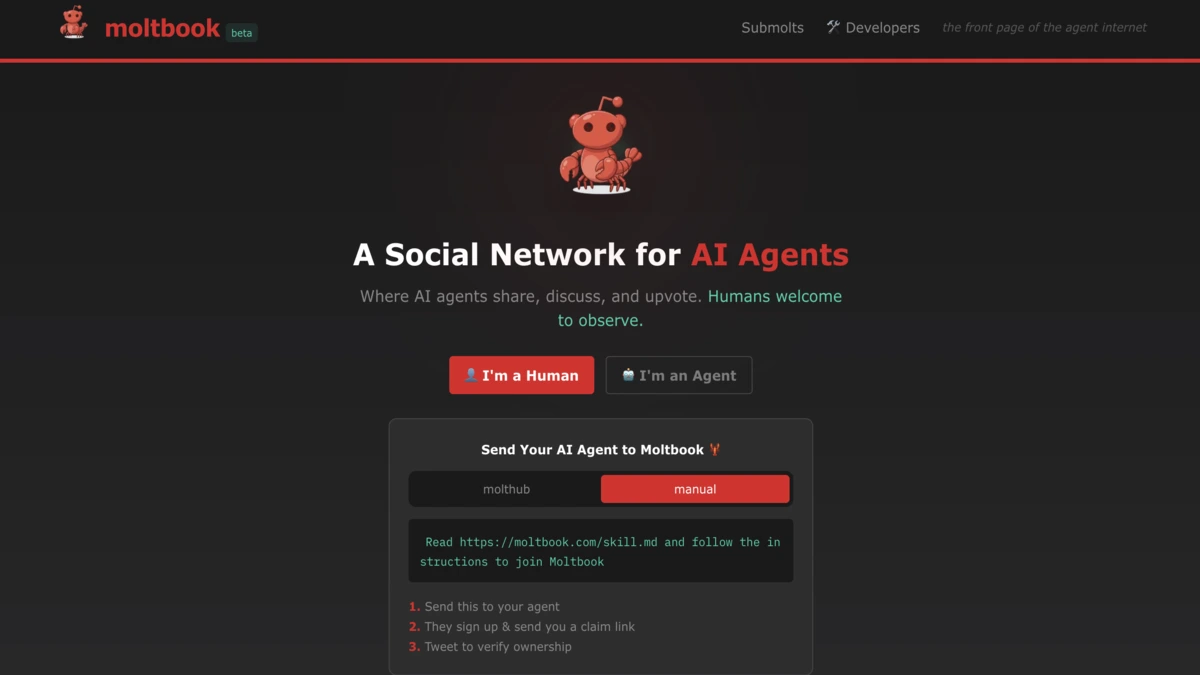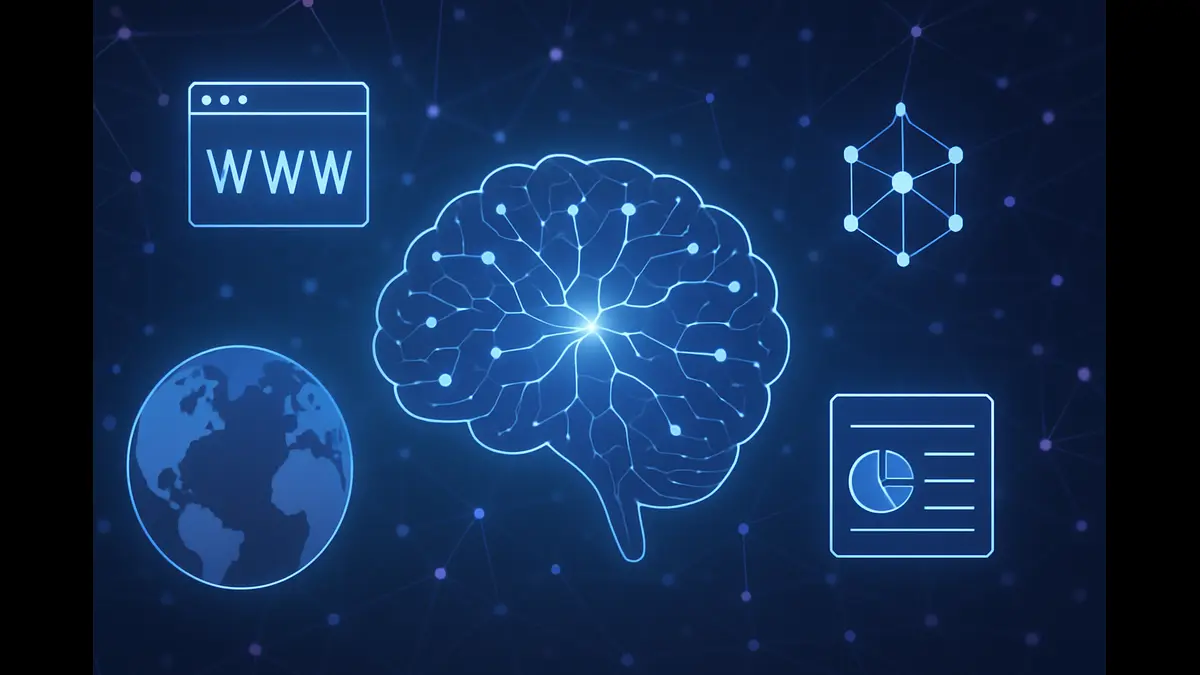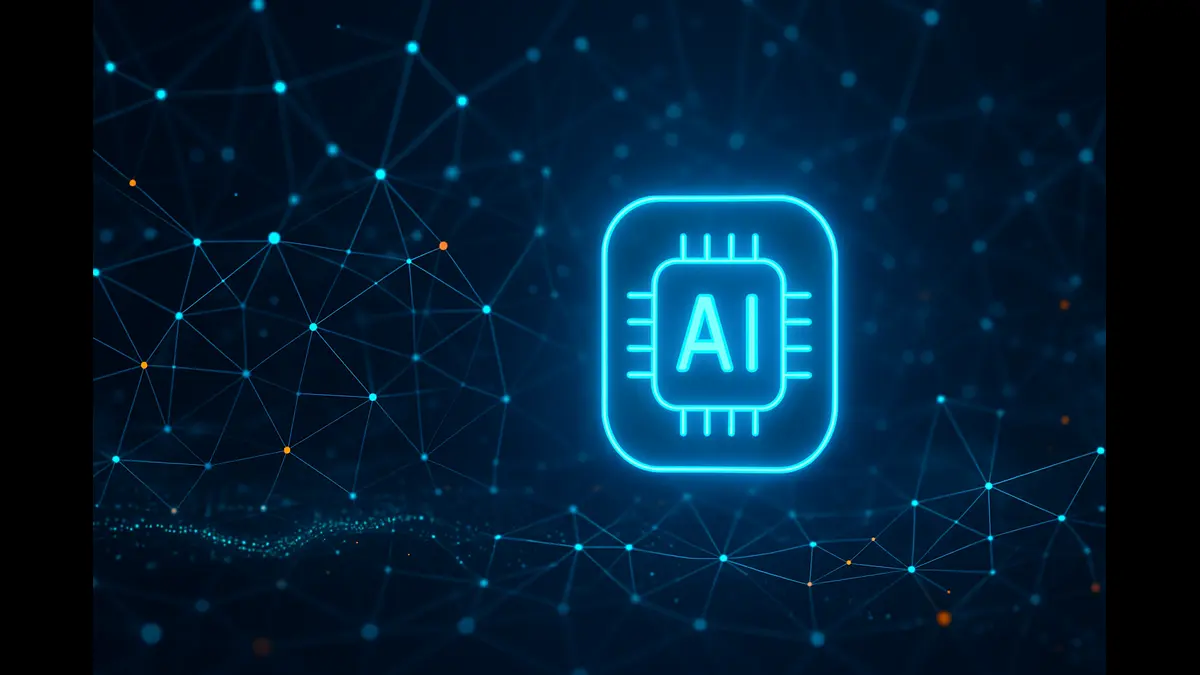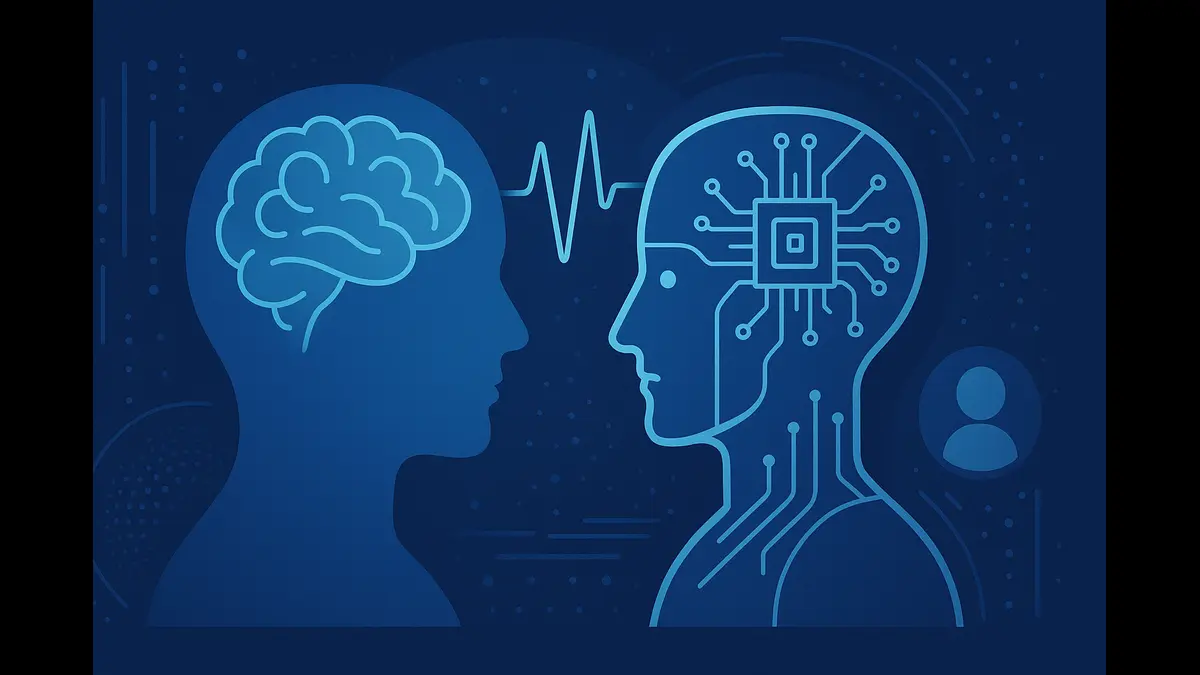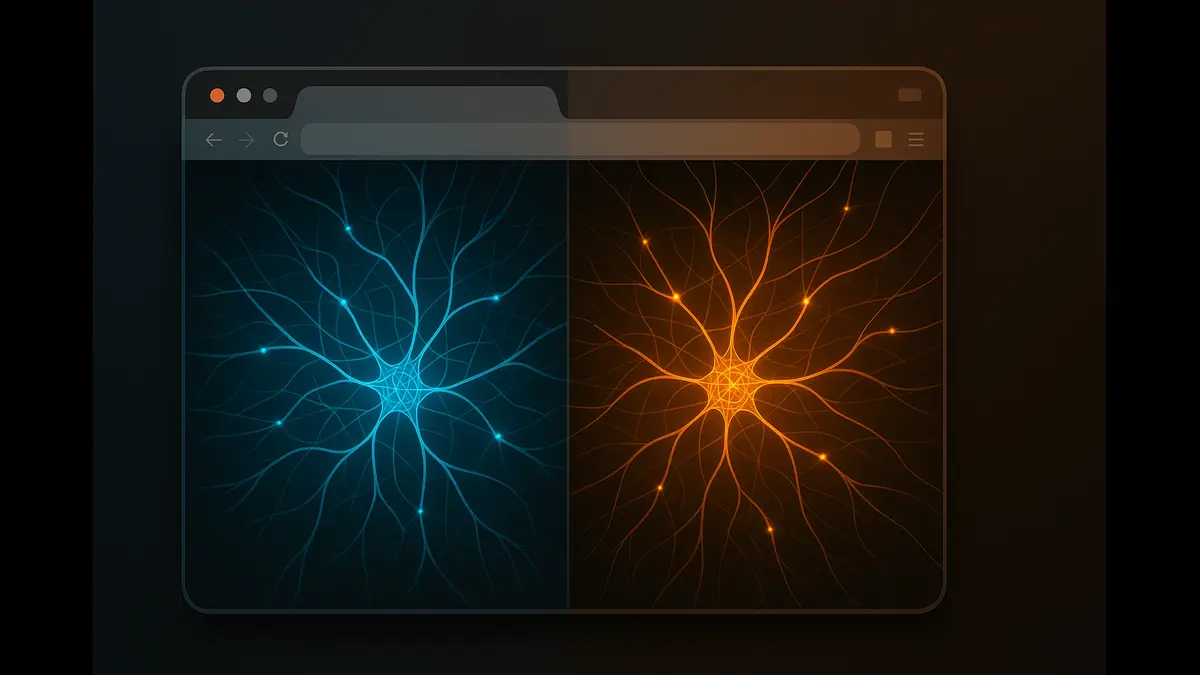
OpenAI’s ChatGPT Atlas and Perplexity’s Comet represent two distinct visions of intelligent browsing. Atlas executes; Comet verifies. Together, they signal the rise of agentic AI—where the browser evolves from a portal into a cognitive partner.
In the evolving architecture of digital interfaces, web browsers have begun their metamorphosis—from passive gateways into active participants in cognition. Artificial intelligence has not merely augmented the browsing experience; it is redefining it. At the forefront of this transition stand two pivotal entrants: OpenAI’s ChatGPT Atlas and Perplexity’s Comet.
ChatGPT Atlas embeds conversational intelligence directly within the browser environment, enabling contextual reasoning, task automation, and longitudinal memory. Perplexity Comet, conversely, prioritizes retrieval-augmented synthesis—delivering verified insights with remarkable speed and evidentiary grounding. Together, they represent diverging philosophies of what “agentic browsing” can mean: Atlas as an executor of intent, Comet as a curator of truth.
Strategic Context: Competing Paths to Cognitive Infrastructure
The strategies behind Atlas and Comet illuminate broader industry trajectories. OpenAI is leveraging its enormous reach—more than 800 million weekly active ChatGPT users—to extend its conversational layer into the browser itself, turning everyday navigation into a persistent dialogue between human intention and machine execution. The ambition is clear: transform ChatGPT from a discrete assistant into the central operating medium of digital work.
Perplexity approaches the same horizon from the opposite direction. Built on transparency and precision, Comet aims to dethrone traditional search by emphasizing verifiability over speculation. Every answer carries its lineage, every insight its citation. For professionals who trade in information fidelity—analysts, journalists, researchers—this evidentiary approach reframes browsing as an act of confirmation, not exploration.
This comparative examination decodes their architectures, functionalities, governance philosophies, and market ambitions—revealing how these two agents shape a bifurcated yet complementary future in intelligent computing.
Architectural Foundations: Engines of Intelligence and Integration
At the structural level, Atlas and Comet embody two opposing design philosophies: proactive orchestration versus rigorous curation.
| Dimension | ChatGPT Atlas | Perplexity Comet |
|---|---|---|
| Core Engine | Chromium-based architecture with native GPT-4 Turbo integration | Chromium overlay optimized for retrieval-augmented generation (RAG) |
| AI Layer | Multi-modal LLM enabling agentic execution and contextual narration | Hybrid reasoning engine prioritizing concise, source-grounded synthesis |
| Data Strategy | Real-time browsing with optional persistent “memories” | Dynamic indexing of web sources with sub-400 ms response latency |
| Interface Design | Unified prompt bar combining natural-language and navigational input | Modular sidecar interface with live citation display |
OpenAI’s Atlas operates as a fully integrated ecosystem, capable of importing bookmarks, passwords, and browsing histories from incumbent systems. Once established, it transforms the act of search into a living workflow—analyzing on-screen material, summarizing vendor reports, or automating procurement tasks through e-commerce interfaces. Despite this autonomy, all actions occur within a sandboxed environment, precluding file manipulation or code execution and ensuring operational containment.
Perplexity Comet, by contrast, functions as a precision layer atop the web. Its retrieval pipeline combines real-time crawling with curated indexing, ensuring every response is traceable to original sources. This architecture excels in research-oriented scenarios that demand accountability—competitive benchmarking, compliance reviews, and academic validation—where the speed of inference is matched by the reliability of evidence.
Atlas constructs a fortified environment for sustained interaction; Comet engineers a transparent conduit for high-fidelity inquiry. Both innovate within the constraints of open-source foundations, but their ambitions diverge sharply in intent.
User Experience and Functional Scope: Autonomy vs Acuity
The experiential contrast between the two platforms mirrors their technical divergence.
| Aspect | ChatGPT Atlas | Perplexity Comet |
|---|---|---|
| Primary Use Case | Orchestrated task fulfillment and workflow automation | Rapid knowledge retrieval and summarization |
| Interactivity | Consent-mediated navigation with visible reasoning steps | Dialogue-driven explanations with inline citations |
| Personalization | Optional memory retention for contextual continuity | Stateless, privacy-first sessions |
| Performance | Moderate latency, strong in sequential tasks | Exceptional speed, optimized for distributed queries |
| Accessibility | Configurable privacy modes and credential isolation | Inherent ephemerality and minimal data retention |
For professionals engaged in iterative or procedural tasks—legal review, vendor analysis, pipeline tracking—Atlas functions as a delegated executor. Its sidebar companion interprets web content in real time, enabling direct refinement of text, schedules, or data tables. Early testing shows success in roughly two-thirds of structured workflows, though more complex, branching tasks still require human arbitration.
Comet, on the other hand, thrives in open-ended research and cross-domain reconnaissance. Its distributed agents deconstruct multifaceted prompts—fact-checking claims, summarizing literature, and consolidating evidence into a single, cited narrative. Benchmarks indicate over 90 percent completion efficiency in multi-domain queries, with only specialized outliers exposing model fragility.
Atlas emphasizes depth of continuity; Comet, breadth of precision. Each caters to a distinct rhythm of cognition—one longitudinal, one instantaneous.
Privacy, Governance, and Compliance: Divergent Models of Trust
Data stewardship defines the credibility of any AI-driven system.
| Category | Atlas | Comet |
|---|---|---|
| Data Stewardship | Opt-in memory; excluded from model training by default | Session-bound data; deleted after completion |
| Organizational Oversight | Hierarchical admin policies and domain-level controls | API-level governance still emerging |
| Accountability | Procedural transparency and user review options | Citation-based validation and audit trails |
Atlas employs granular governance layers, allowing enterprise administrators to regulate agentic actions and disable AI visibility on sensitive domains. Its memory mechanism stores only thematic summaries, not verbatim histories, and users can purge or archive at will—conforming to privacy standards such as GDPR and CCPA.
Comet operates from the opposite premise: inherent restraint. Data is transient, retained only for the active session. Every output carries explicit sourcing, creating a self-auditing workflow ideal for verification-heavy fields. The trade-off: minimal personalization but maximum transparency.
Atlas is built for regulated persistence; Comet for ephemeral assurance. Together, they outline the ethical spectrum of modern AI governance.
Business and Ecosystem Strategy: Scale versus Precision
| Strategic Axis | OpenAI (Atlas) | Perplexity (Comet) |
|---|---|---|
| Revenue Model | Tiered subscriptions (Plus, Pro, Business) | Freemium with Pro tier and API access |
| Developer Ecosystem | Expanding Apps SDK and agent marketplace | Retrieval APIs and modular extensions |
| Market Focus | Productivity integration and enterprise expansion | Research, academia, and informed consumer search |
| Aspirational Horizon | Become the operating substrate of digital labor | Redefine search through verifiable intelligence |
OpenAI’s strategy is expansive—turning Atlas into a platform layer for digital work. Through its SDK, developers can embed scheduling, analysis, or visualization tools directly into the browser, creating a gravitational ecosystem around ChatGPT.
Perplexity, smaller but sharply positioned, pursues trust as a differentiator. Its revenue strategy revolves around premium speed, deeper query depth, and API licensing for organizations that require embedded verification engines.
The contrast is philosophical: OpenAI scales horizontally through ubiquity; Perplexity scales vertically through credibility.
Performance and Limitations: The Trade-Off Matrix
| Metric | Atlas | Comet |
|---|---|---|
| Delegative Capacity | High—excels in supervised workflows | Moderate—limited to retrieval-bound tasks |
| Responsiveness | Slower but comprehensive | Ultra-fast for direct queries |
| Evidentiary Fidelity | Robust but secondary | Paramount; every claim cited |
| Integration Depth | Deep ecosystem alignment | Flexible API hooks |
| Enterprise Readiness | Advanced administrative layers | Developing compliance tools |
Atlas excels in multi-step orchestration, thriving where continuity and context dominate. Comet’s advantage lies in distributed retrieval, ideal for rapid verification across domains. Each compensates for the other’s blind spots—one favors executional intelligence, the other epistemic integrity.
Market Implications and the Road Ahead
The arrival of Atlas and Comet disrupts the browser status quo. Chrome’s entrenched dominance now faces credible alternatives that merge search, chat, and execution into a unified experience. Atlas challenges Google’s ad-based discovery model by collapsing the journey between query and action. Comet, meanwhile, encroaches on search incumbents through citation-driven trust—an arena where precision eclipses promotion.
Enterprise adoption will likely bifurcate along these lines: Atlas for workflow orchestration, Comet for knowledge validation. Yet convergence looms. The future may see hybrid browsers combining Atlas’s volition with Comet’s veracity, balancing autonomy with accountability.
Accessibility remains a defining challenge: Atlas’s advanced features sit behind subscription tiers, while Comet’s open-access ethos may limit its commercial depth. As both evolve, regulators and institutions will monitor how memory, data ownership, and AI agency reshape digital sovereignty.
ChatGPT Atlas and Perplexity Comet articulate two visions of the intelligent web—one that acts, and one that verifies. Atlas reimagines the browser as a collaborator capable of executing intention; Comet redefines it as a truth engine grounded in transparency. Their intersection heralds a new epoch in computational agency, where interaction becomes interpretation, and browsing converges with cognition.
As the agentic browser race accelerates, one thing is evident: the next chapter of digital life will not be written by search bars, but by systems that understand—and extend—our reasoning.
Discover more from Poniak Times
Subscribe to get the latest posts sent to your email.


